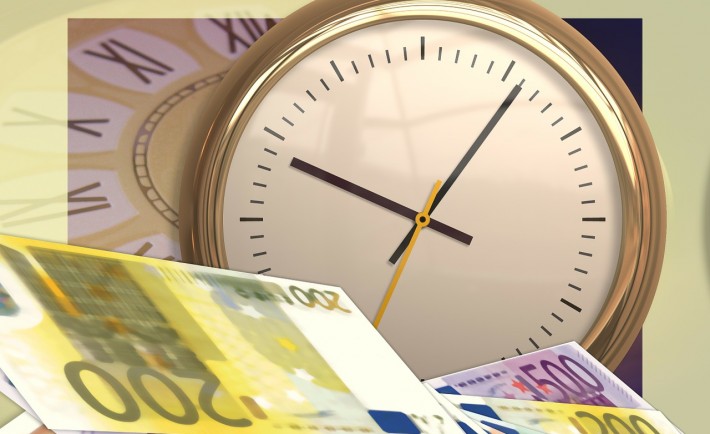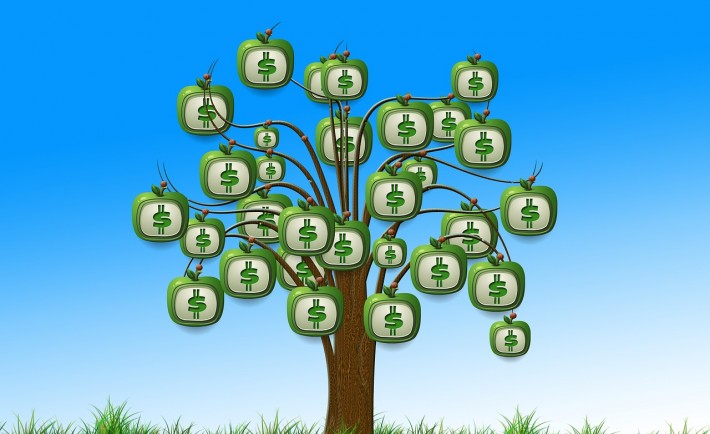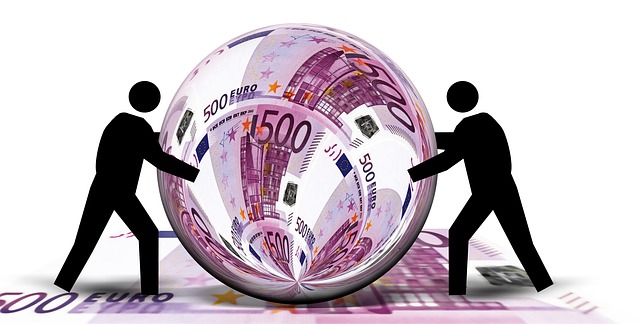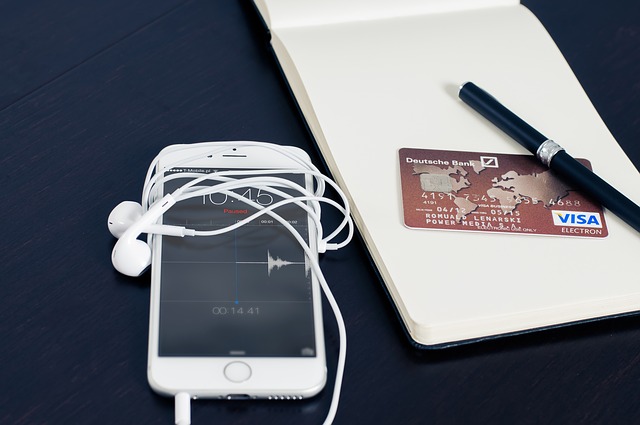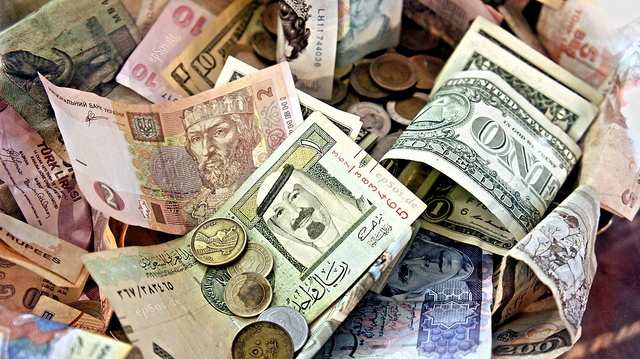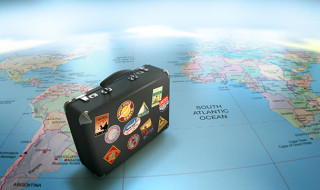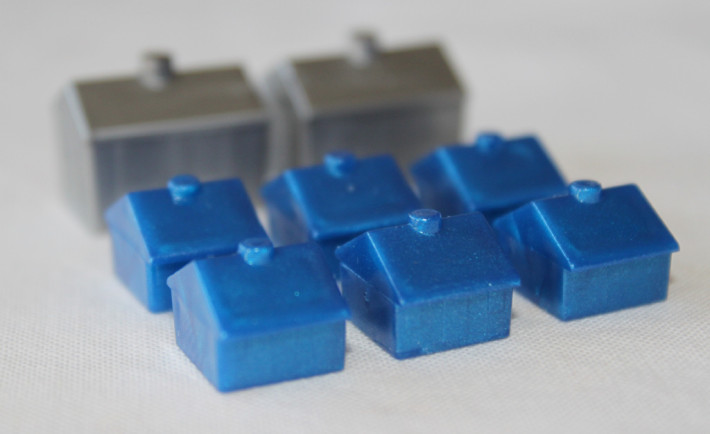In a sea of bills and taxes, its huge waves may drown one. Building a strong money boat to hold you and your finances together through organization is the key. Organizing your personal finances enables you to save more money and time. Start with these simple ways:
1. KEEP TRACK OF YOUR FINANCES DIGITALLY
Firstly, you must be aware of your spending patterns and exactly how much you are spending per month and per annum. A surefire way to organize your personal finances is to keep track of it by using a Smartphone App or computer software. Find the perfect (and Free) money management app for you here. Or, download reliable money management software called Money Dance or Mint. These digital tools will help you decide how much you shall save and help you to highlight the unnecessary expenses.
2. DESIGNATE A PLACE FOR BILLS
Never forget where you put the bills or what their due dates are by designating one place for them. Some bills arrive by electronic mail while some arrive by postal mail. You have to decide whether you are going to file all your bills in a tangible box or in a computer folder. For physical storage of bills, you may purchase the S$0.90 PAPPIS brown box from IKEA that is created to hold A4 size papers. Label the box accordingly and keep it in a safe place. While for virtual storage of bills, make scanned copies of those that arrive in the mail and put them into a labeled folder in your computer or laptop.
3. PREPARE FOR YOUR BILLS
At the beginning of the month, make a list of the bills you are expecting to receive. Put it on your working desk or create a file for it. This way, you will not pay a bill twice even if you received it simultaneously by e-mail and postal mail.
4. PAY THE BILLS IMMEDIATELY
Always charged for late payment? Try paying bills immediately. Since you are prepared for the bills earlier on, you may have available money in the bank to pay it the same day as you received it. If you have automatic payment scheduled and you still received a billing statement, call your bank or creditor.
5. CUT DOWN THE NUMBER OF YOUR FINANCIAL ACCOUNTS
In a world filled with a certain bank account card for all your needs, most people have several number of financial accounts. The complication starts when the credit card for travel, for petrol, and for shopping bills at the same time. Also, you may have different bank accounts for higher interest, minimal fees, and rebates. More than being complicated, the constant shuffling between these accounts can get messy. This is why you must reduce the number of your accounts.
6. SET REALISTIC FINANCIAL GOALS
Develop a habit of financial goal setting to know where you are going and to plan how you can get there. Write down your financial goals with a trusted witness and contemplate the monetary milestone you would like to accomplish in the next 2 to 5 years. Track down your monthly progress.

